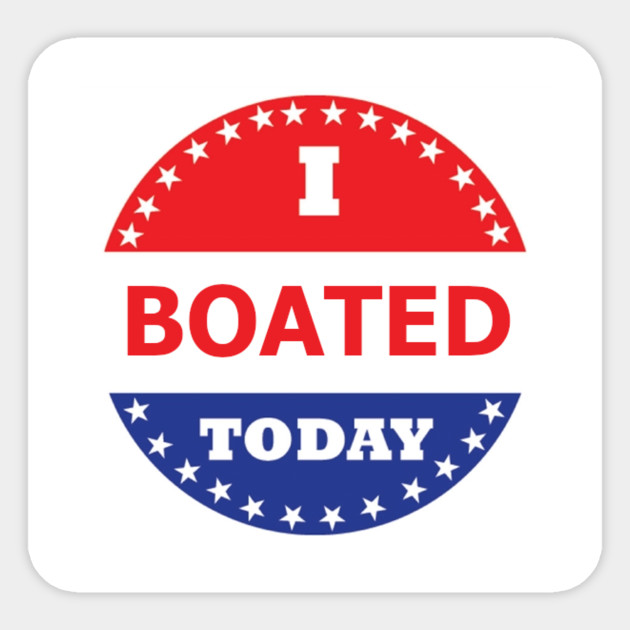Voting is sort of the American religion. Like any religion, you get to choose whether you follow. Even under pressure. Here are some reasons for being a principled non-voter.

1. You do not believe in democratic representation. You are allowed not to believe in democratic representation. Personally, I encourage you not to believe in it.
2. You accept evidence that it doesn’t work correctly. A comprehensive study from 2014 found that the preferences of the top ten percent and organized groups influenced the outcomes of elections, whereas the preferences of average citizens (even en masse) did not. In the last few years, there have been a number of western elections with arguable fingers on scales. If you’re convinced by these things, that’s a good reason not to vote.
3. You take some other action that dwarfs the vote. Perhaps you volunteer with a cause. Perhaps you give money. If you give two hundred dollars to political causes, and someone says you should vote as well, maybe that’s like saying you should have given two hundred dollars and ten cents. I forgive you for holding your course.
4. None of the candidates clears your pre-defined bar. Voting is not compulsory in the United States by design, regardless of what anyone may have told you. On a case by case basis, you can vote for nobody.
5. You believe you’re under informed. This is okay! Few people have the time, education, inclination and intelligence to be truly informed; we’re all under informed by degrees. If your level of information isn’t good enough to make you feel like you deserve the vote, and you don’t have the resources or the desire to improve it, you are doing a public service by staying home.
6. You feel there is a moral requirement of service to earn the vote, and you haven’t earned it (yet). It is okay to think only certain qualified people should vote, and if you aren’t one of them, it’s okay not to vote.
7. You have higher priorities. Don’t let anyone else decide this for you. It’s between you and your conscience. I have a two year old daughter, for instance. If she was having a good day, I could see myself taking her to the polls as a learning experience. But if she was having a bad day, I wouldn’t drag her there, any more than I would drag her to a church against her will.

Why don’t you vote, specifically?
My reasons are a bit of 1 and 3, and a lot of 2, 4, and 6. As I move farther and farther away from the news cycle for mental health reasons, I’m even starting to feel a little 5.
You really don’t vote?
I have been a principled non voter for the nineteen years I’ve been eligible. I have never voted for a president, ever. I’ve never regretted that.
I voted for a progressive congressman (Jim McDermott) in Seattle once, and felt good about it. My senator at that time (Patty Murray) had voted for the Patriot Act, and I felt morally unable to support her.
But if I don’t vote, my gal/guy/person/party/cause might not win.
Yeah. That’s true. It’s a cost you pay.
This is a prosocial thing, like vaccines. By not voting, you hurt us all.
No, I don’t. There’s no moral law saying I have to do it, any more than there’s an actual law. Vaccines are a hundred times more important. This is very low on the list of prosocial responsibilities.
I’m cheesed off and I still want you to vote.
If you’re cheesed off, and you want me to vote, I suggest you go vote to make voting compulsory.
